"Cornerstones of biomedical research labs”: celebrating our postdocs
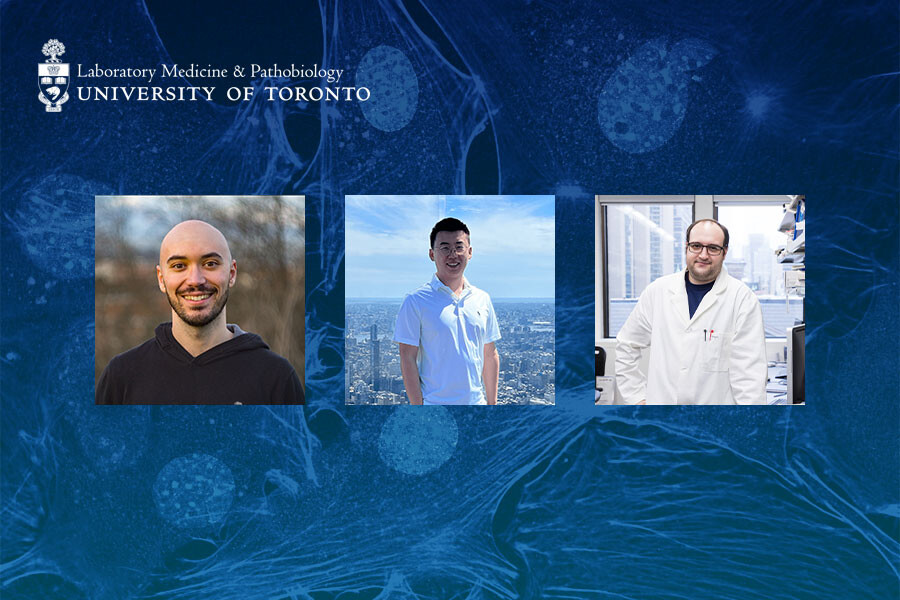
National Postdoc Appreciation Week takes place every September to recognize the significant contributions that postdoctoral scholars make to research and discovery.
Postdocs are an incredibly important part of a research team and we are lucky to have many incredible postdocs in LMP labs.
We spoke to postdocs in the Wang and Yuzwa labs to find out what makes this role so vital.
Thank you to all our postdocs!
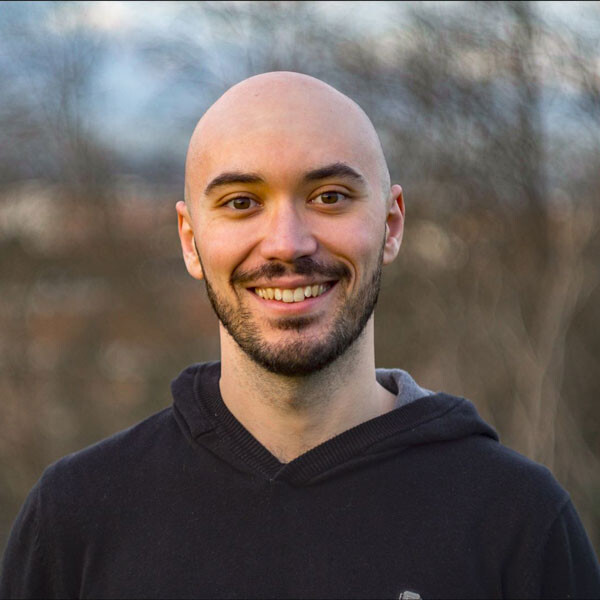
Dr. Ander Diaz-Navarro
Postdoc in the lab of Dr. Bo Wang
“I am developing my own research project, in collaboration with the Lincoln Stein lab and Ontario Genomics-CANSSI Ontario, while also participating in other projects within the group. In this context, Bo's group primarily focuses on bioinformatics, specifically on the development of new deep learning algorithms. In contrast, my background is in genomics. I believe it's a very fruitful collaboration where I can contribute biological insights while also learning from the methods they employ.
I am training an algorithm to simulate high-quality synthetic cancer genomes. This will enable the creation of open-access datasets with known tumor alterations. These datasets will be used to develop new programs that help identify the key characteristics of different types of cancer.
I want to pursue a career in academia, so a postdoc is the next stage after PhD. Doing this postdoc allows me to further train in new techniques, stepping a bit out of my comfort zone, which I can apply in my future. The opportunity to come to Toronto and be part of this group, with its high-level projects from which I can learn, and the numerous seminars researchers can attend, made it an easy decision for me to pursue this postdoc. I then aim to return to Spain to continue my research career.
One thing I love about being a postdoc is the independence I have in leading my own project, in contrast to the PhD period where we are much more supervised. It can be challenging too, as we are under a lot of pressure to publish papers - crucial for applying for grants to further our research at this early stage in our careers.”
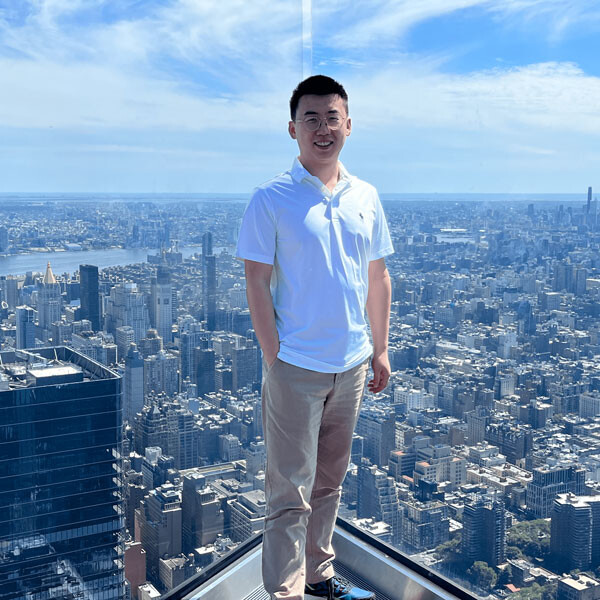
Dr. Jun Ma
Postdoc in the lab of Dr. Bo Wang
"In WangLab, my role as a postdoc is contribute to research projects that focus on the development of accurate and robust algorithms for medical image analysis. I work closely with a multidisciplinary team that includes computer scientists, and clinicians. My responsibilities range from conceptualizing research problems and developing methodologies to coding algorithms and publishing research findings.
My research primarily focuses on leveraging deep learning techniques to improve the analysis and interpretation of medical images, such as MRI, CT scans, and microscopy images. The ultimate goal is to create more reliable and faster diagnostic tools, which can facilitate early intervention and improve patient outcomes. In simpler terms, I'm trying to make computers better at helping doctors diagnose and treat illnesses through medical images.
I applied for a postdoc position because I wanted to continue exploring the cutting-edge technologies in medical image analysis, a field that has the potential to revolutionize healthcare. A postdoc position offered me the academic freedom and resources to delve deeply into complex problems, mentor junior researchers, and collaborate with experts, setting the stage for my future career in research.
Being a postdoc gives you a lot of intellectual freedom - being able to choose and focus on research topics that genuinely interest me is incredibly rewarding. I also love the collaboration - the opportunity to work closely with top experts like Prof. Bo Wang in my field and from other disciplines helps me gain a multifaceted understanding of the problems we're trying to solve.
I also very much enjoy the mentorship aspect of being a postdoc. I mentor undergraduate students which is fulfilling and helps me refine my own thinking and research methods.”
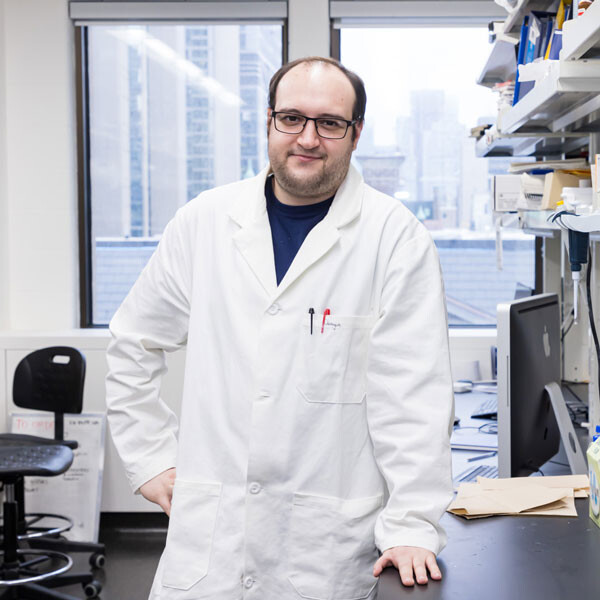
Dr. Danyon Harkins
Postdoc in the lab of Dr. Scott Yuzwa
“The Yuzwa lab is a fairly new lab. In my day-to-day as a postdoc I’m in charge of helping students by teaching them research skills as well as shaping their projects while conducting my own research.
My research background focuses on the development and function of neural stem cells both embryonically and in the adult brain. Recently the Yuzwa lab has been heavily focused on the postnatal mouse brain where we are examining how embryonic populations of neural stem cells give rise to mature terminally differentiated cells of differential fates from common progenitors. We’ve been using a combination of single-cell RNA sequencing and clonal lineage tracing techniques to track how cell fate is selected within individual progenitors by looking at sister cells with differing fates.
I’ve always wanted to do research and the Yuzwa lab represented a great opportunity to perform high-quality research with new cutting-edge techniques like spatial RNA sequencing.
It can be challenging to come up with self-contained projects for students that will get them results while also having them perform experiments that will help your research and the lab overall. The highlight of being a postdoc is definitely the research. I love coming in every day and learning something new.”
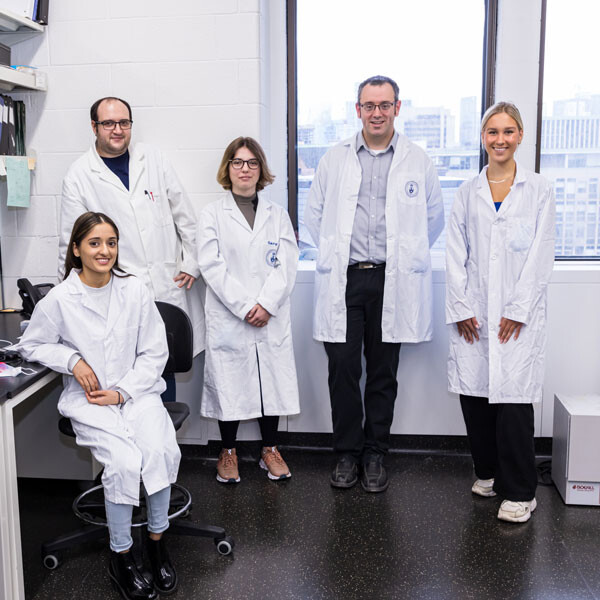
Dr. Scott Yuzwa comments:
"Postdocs are cornerstones of biomedical research labs. Having already completed a PhD they come to a new lab, often far from home, to learn new skills but bring with them excitement and passion for science, ready to make important contributions. They often do this in the context of providing support and mentorship for students around them and help the lab run like a well-oiled machine.

Danyon, the postdoc in my lab, is no exception here. In the year that he has been in my lab he has already ascended to an important role in the lab, having learned an incredible amount in that time period; from sequencing libraries and bioinformatics to in vivo techniques and beyond. He has undoubtedly pushed the project that he's working on to new heights. In addition, Danyon is an excellent lab citizen, always keen to support his peers, and never turns down an opportunity to talk about exciting new science! I very much look forward to the day that Danyon is leading his own group and mentoring post-docs in the skills that he's learned. Indeed, the future is bright, and I can't wait to see where it leads."



